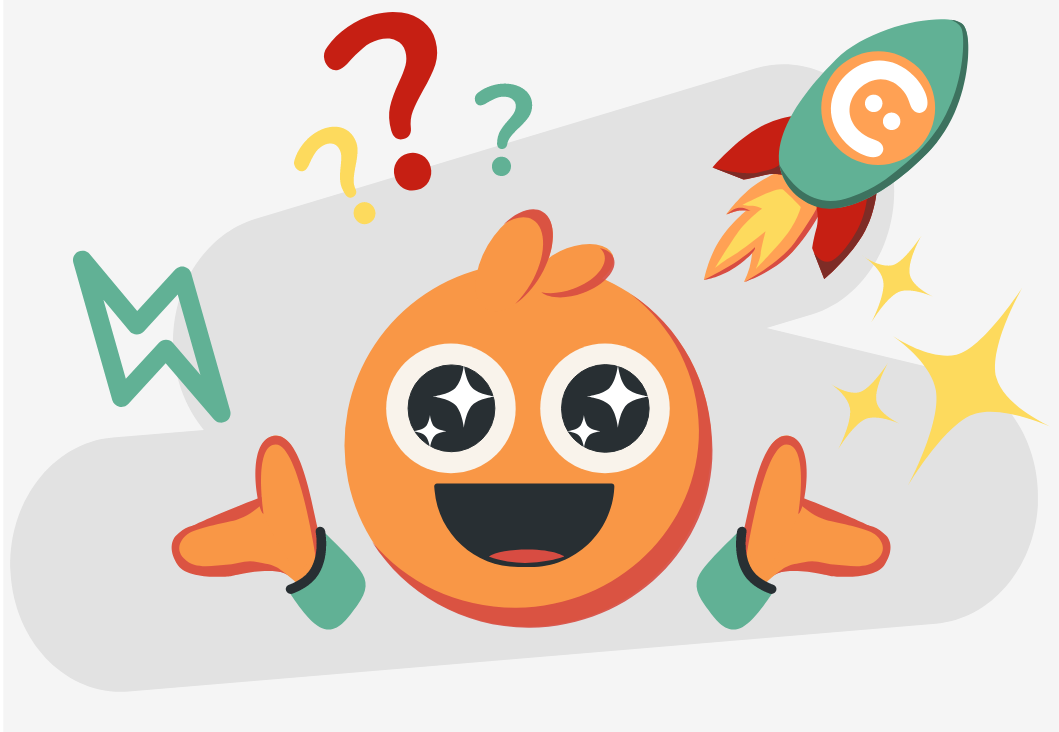Ancient India: From the first humans till the Vedic period
jgpollack
Updated 9 months ago
Share
Plays
1 Copies
3 Students
--Content
Preview
Lesson description
Curipod generated lesson: "Ancient India: From the first humans till the Vedic period". #5-7
Made with 🧡 from Norway

